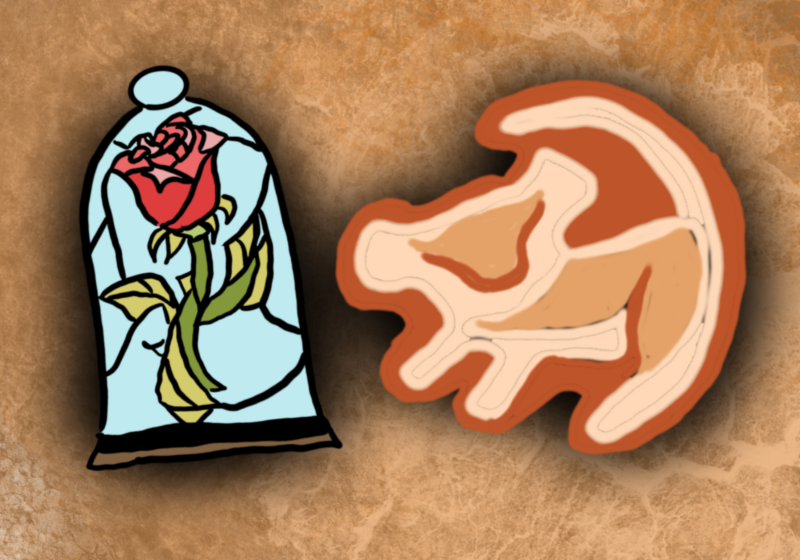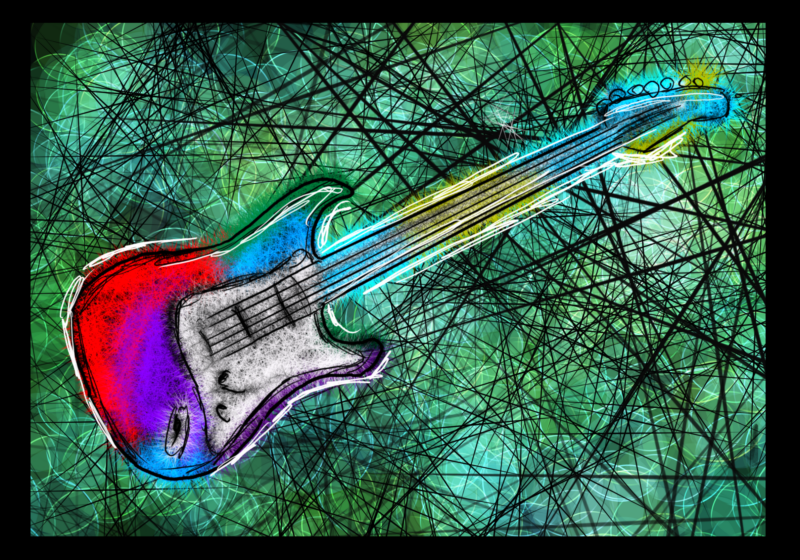It’s only been 10 days since Haiti was hit by a magnitude 7.0 earthquake at 4:53 p.m. – its greatest earthquake in 240 years. For anyone who knows or may know someone from Haiti, it’s capital, Port-Au-Prince, is densely populated with poor building infrastructures. The location and timing of the earthquake was a formula for disaster and high casualties.
Since the catastrophe befell Port-Au-Prince, there’s been an estimated 72,000 dead bodies found – that’s with the exclusion of the amount of bodies found by the UN peacekeeping mission in Haiti and the bodies that were burned or buried by the family members of the deceased. Haitian Prime Minister Jean-Max Bellerive estimates that there might be as many as 150,000 left dead. And with several aftershocks, including yesterday morning’s powerful magnitude 6.1 aftershock, the toll may continue to go up.
While the world’s response to the events in Haiti are plausible, I find myself in a mixed state of contentment and displeasure. Naturally, I couldn’t help but be happy with the fact that America was able to find time out of its busy war plotting schedule to send 10,000 troops and the Navy hospital ship, USNS Comfort, with 550 doctors and nurses to Haiti.
But in that same vein, it’s a shame that it takes this much to make people look and listen. If you turned on your television or opened a newspaper in the past week, by now you’ve heard ‘Haiti is the poorest nation on the western hemisphere’ in 101 different ways. What exactly does that entail? According to Bloomberg.com, it means that 54 percent of Haitians make less than $1 a day and 72 percent live off of $2 or less on a daily basis.
Any economic progress was constantly hindered by inappropriate economic policies, political unrest, poor environmental conditions, a strong reliance on traditional technologies, lack of investments in human resources and the migration of the skilled population to America where they wound up sending money to their families in Haiti. Most of the recent efforts in Haiti were completely halted by three hurricanes in 2008 that according to CNN, brought about $1 billion in damages to 800 casualties. Under such conditions, ‘Help Haiti’ sounds like a long overdue effort.
On a local level, I was highly impressed by the response at UR. Just as I was criticizing the school for never responding to national and international crises, including the typhoons in the Philippines, UR President Joel Seligman released a statement and the school’s web site was changed to ‘Help Haiti’ with a list of ways to help. I believe that this should set a precedent for Seligman to publicly acknowledge crises that affect members of the student body and their families.
Even more admirable are the efforts of student organizations and the Interfaith Chapel to spread the word by tabling in Wilson Commons. Additionally, two days ago, the Interfaith Chapel arranged for Haiti’s national anthem to be played on the Rush Rhees bells at 4:53 p.m., in recognition of the one week anniversary of the catastrophe.
Regardless of the late response and the ‘they can wait’ mentality of well-off nations and people, we’re better off supporting their efforts while they’re underway. As of now, it’s been reported that over $221 million in donations from major charities have been raised for Haiti through e-mail, texting and direct transactions. What Haiti is getting was long needed – quick and urgent aid.
Nathaniel is a member of
the class of 2011.





